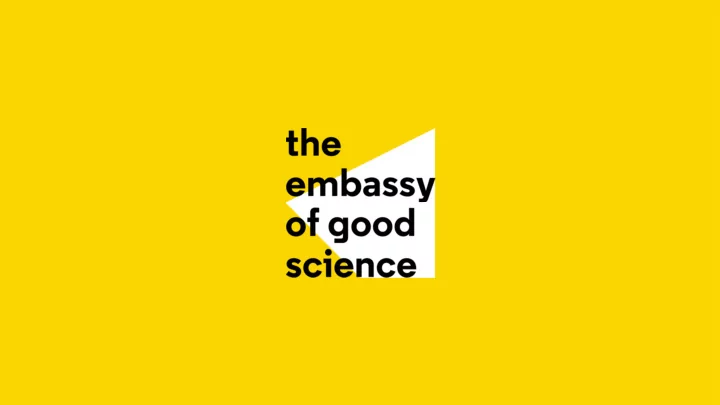

Research misconduct in non-empirical research – are there types of misconduct analogous to fabrication and falsification? Søren Holm Manchester University & Universitetet i Oslo
Overview • Identifying the core problem in fabrication and falsification • Transferring this to one particular kind of non-empirical research, i.e. applied philophy • Providing examples of fabrication and falsification analogues in applied philosophy • Briefly Considering some counterarguments
FFP – are there analogies in philosophy? Fabrication Falsification Plagiarism Plagiarism not rare in philosophy Auto-plagiarism quite common
Other obvious research misconduct in applied philosophy Authorship misconduct Reviewer misconduct Misrepresentation of prior work • Ignoring / suppressing prior work • Misrepresenting the work of others, e.g. the erection of straw men
But what about the 2 Fs? What is the core wrong in fabrication and falsification? Deliberate deception in order to convince the reader to accept a claim, when that claim is unsupported by the evidence marshalled for it (because that evidence does not exist or has been manipulated)
Similar deception in philosophy? Do we have instances of ‘Deliberate deception in order to convince the reader to accept a claim, when that claim is unsupported by the philosophical arguments marshalled for it’? Important premise in the further analysis: Philosophers writing academic papers for publication in academic journals are competent philosophers and able to produce valid and sound arguments if they want to
When is deception likely to be employed? When: 1. The writer is strongly committed to and defending a particular line of argument 2. The writer is strongly committed to and advocating for a particular cause (more common in ethics and political philosophy?) Note, these categories may overlap (e.g. also in the philosphy of mind)
4 ‘F-analogues’ in philosophy 1. Cherry picking the available empirical evidence for empirical premises (making a logically valid argument potentially un-sound) 2. Relying on deliberate elision to make an otherwise invalid argument valid 3. Using ‘thick’ concepts as if they were ‘thin’ 4. Suppressing implications to make a conclusion plausible
Cherry picking Examples: Presentation and interpretation of data on end-of-life decision making in the Netherlands The ethics of prostitution* *Hofmann, Bjørn, and Morten Magelssen. "In pursuit of goodness in bioethics: analysis of an exemplary article." BMC medical ethics 19, no. 1 (2018): 60.
Elision Example: ‘Identity’ in discussions of ‘mitochondrial replacement’ and ‘nuclear replacement’ Many different concepts of identity! Some lead to the conclusion that these techniques are not identity affecting Some to the conclusion that they are And, some to the conclusion that they sometimes are and sometimes not Elision enables us to reach different conclusions about the two techniques, although they are biomedically/technically identical with arguments that seem valid, except when put next to each other
Using ‘thick’ concepts as if they were ‘thin’ Using thick concepts as if they were thin introduces normative claims to the argument, without making that explicit Example: Using the term ‘mutilation’ in discussions of male circumcision without arguing for the interim conclusion that male circumcision constitutes mutilation Also, possible elision between legal and non-legal meanings of ‘mutilation’
Supressing implications Many examples from implications of basic theory to more specific arguments
Counterarguments 1. Academic writing in applied philosophy makes no claims about the truth of the conclusions presented 2. Academic writing in applied philosophy is not research, but advocacy or policy advice; and different rules apply to the rhetoric of advocacy and policy advice 3. All of the examples can be explained as ‘honest error’ or at worst as sloppiness 4. In relation to empirical premises – We should not expect philosophers to be able to systematically review the evidence
Thank you
The EnTIRE project has received funding from the European Union’s Horizon 2020 research programme under grant agreement N 741782.
Recommend
More recommend